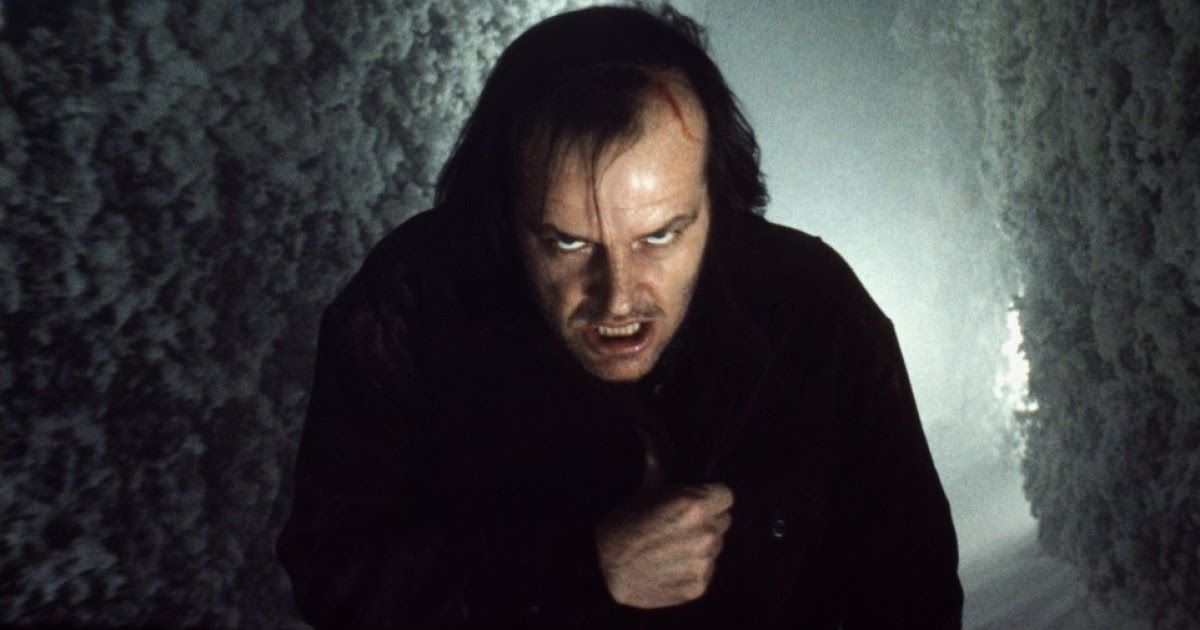
The air crackled with a unique blend of anticipation and trepidation as the 2023 Academy Awards kicked off. Everyone in Hollywood, and indeed, anyone with an internet connection, knew there was an elephant in the Dolby Theatre, and it wasn’t a beautifully animated CGI creation. It was, of course, the infamous slap that defined the previous year’s ceremony, an unexpected, visceral moment that indelibly altered the Oscars’ narrative. The question wasn’t if host Jimmy Kimmel would address it, but how, and with what level of his signature incisive wit.
From the moment Kimmel “parachuted” down onto the stage, simulating an emergency exit from a plane in a ‘Top Gun: Maverick’-inspired stunt, it was clear he was ready to navigate Hollywood’s perceived “danger zone.” This was Kimmel’s third time hosting, having previously helmed the show in 2017 and 2018, and his experience with live television’s unpredictability, most notably the ‘La La Land’/’Moonlight’ Best Picture mix-up, positioned him perfectly to confront the unavoidable. The expectation for his opening monologue was sky-high; this wasn’t just about delivering jokes, but about setting a tone for an event still reeling from an unprecedented incident.
Kimmel wasted no time in diving headfirst into the very topic everyone was holding their breath for. “Five Irish actors are nominated tonight, which means the chances of a fight just went way up,” he quipped early on. It was a seemingly light jab, but it immediately signaled that the evening’s looming specter was not off-limits. This opener was a masterclass in Vulture-esque commentary—witty, timely, and subtly acknowledging the tension in the room without fully unloading.
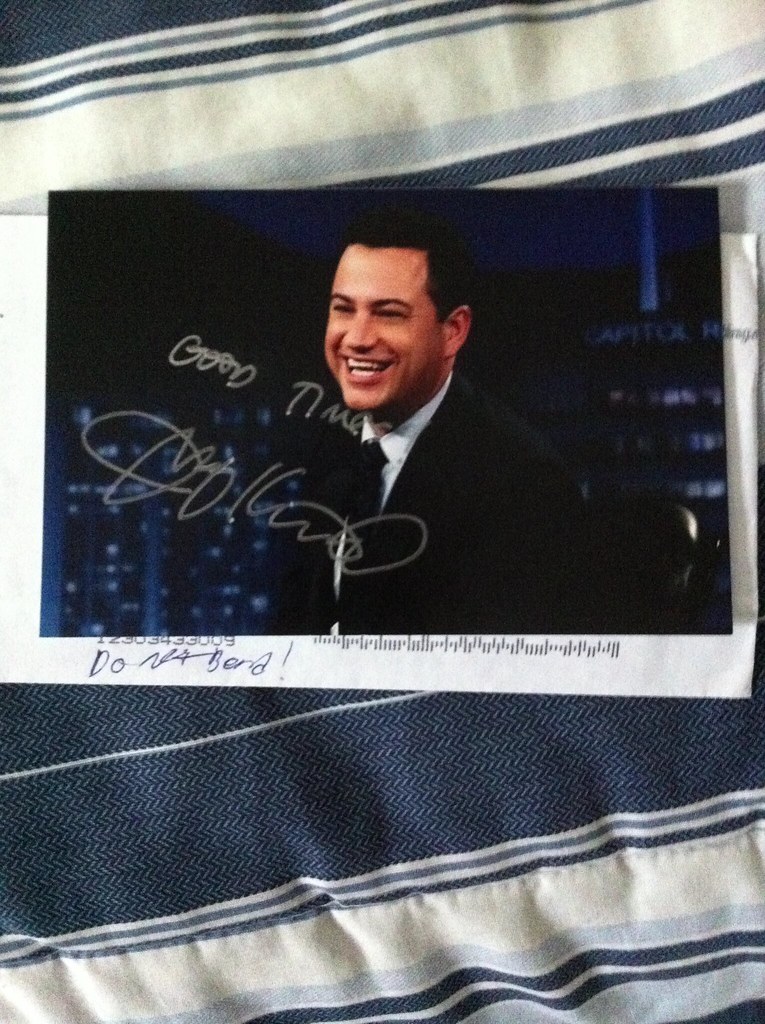
He quickly pivoted from general levity to a more pointed, yet still casual, address of the collective anxiety. “We want you to have fun, feel safe and, most importantly, we want you to feel safe,” Kimmel told the audience. This self-deprecating humor, immediately establishing a relatable vulnerability, was a classic Kimmel move, disarming the audience before delivering the more controversial blows that followed. It’s the kind of conversational sophistication that allows for sharp commentary without alienating viewers.
The real showstopper, however, was Kimmel’s mock new Academy policy. “So, we have strict policies in place. If anyone in this theater commits an act of violence at any point during the show, you will be awarded the Oscar for best actor and permitted to give a 19-minute-long speech.” This line landed with a palpable impact, a direct, undeniable, and utterly savage reference to the 2022 incident. It was a brilliant piece of dark comedy, turning the previous year’s trauma into a punchline that resonated deeply with the collective memory of the event.
To fully appreciate the sting of that particular joke, one must rewind to the shocking events of the 94th Academy Awards. On March 27, 2022, while presenting the best documentary feature category, comedian Chris Rock made a controversial joke about Jada Pinkett Smith’s bald head. She had shaved her head following an alopecia diagnosis, a detail that was known to many. Rock compared her to “G.I. Jane,” a reference that prompted an immediate, unexpected reaction from her husband, Will Smith.
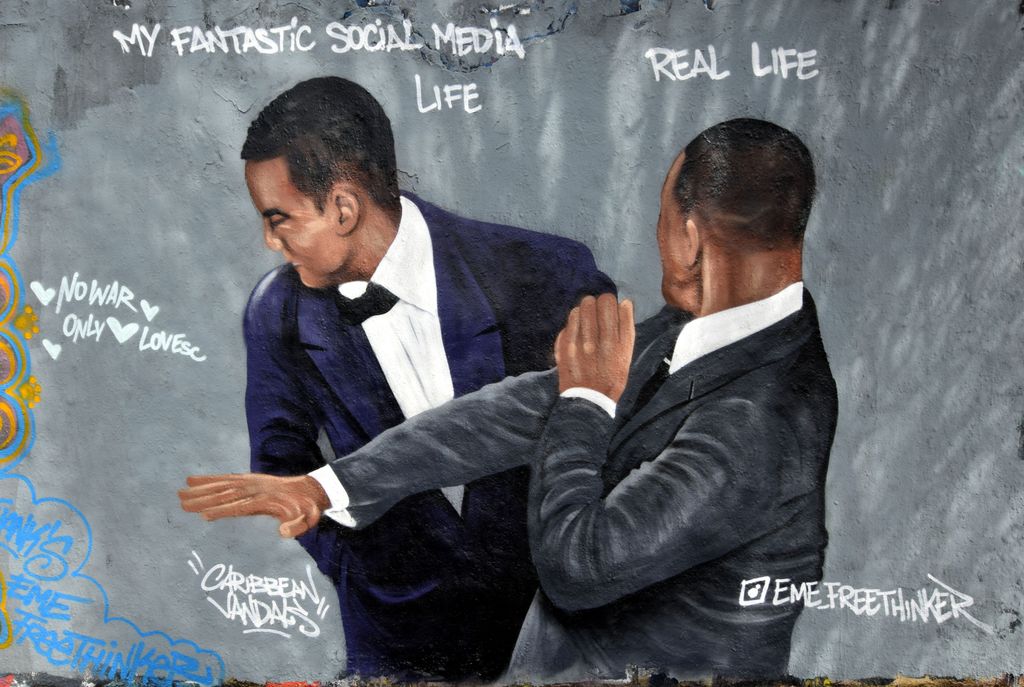
Smith, who had initially appeared to laugh at the joke, then walked onto the stage, approached Rock, and slapped him across the face. The sound was audible, the reaction from the audience stunned, and for a moment, television viewers and those in the theater alike wondered if it was a planned bit. It quickly became clear it was not. After returning to his seat, Smith repeatedly yelled at Rock, with profanity, “Keep my wife’s name out your mouth!” The phrase echoed through the auditorium and across the internet, instantly becoming a defining quote of the night.
Despite the jarring outburst, the ceremony continued, albeit under a heavy cloud of confusion and disbelief. Astonishingly, Smith remained in attendance and, later that evening, won the Oscar for Best Actor for his performance in “King Richard.” His acceptance speech, which Kimmel’s joke so pointedly referenced, was indeed a tearful five-minute address where he apologized to the Academy for his behavior, though notably not to Rock at that moment. The stark contrast between the violent act and the subsequent celebration of his win created a complex, uncomfortable narrative that Hollywood grappled with for months.
In the days following the incident, the fallout was swift and significant. Will Smith resigned from the Academy a few days after the ceremony, stating, “I betrayed the trust of the Academy. I deprived other nominees and winners of their opportunity to celebrate and be celebrated for their extraordinary work. I am heartbroken.” It took several more days for the Academy to announce its more formal punishment: revoking Smith’s AMPAS membership and banning him from attending the Oscars ceremonies for 10 years. This context made Kimmel’s “19-minute speech” joke not just funny, but a poignant reminder of the consequences and public discourse that followed.
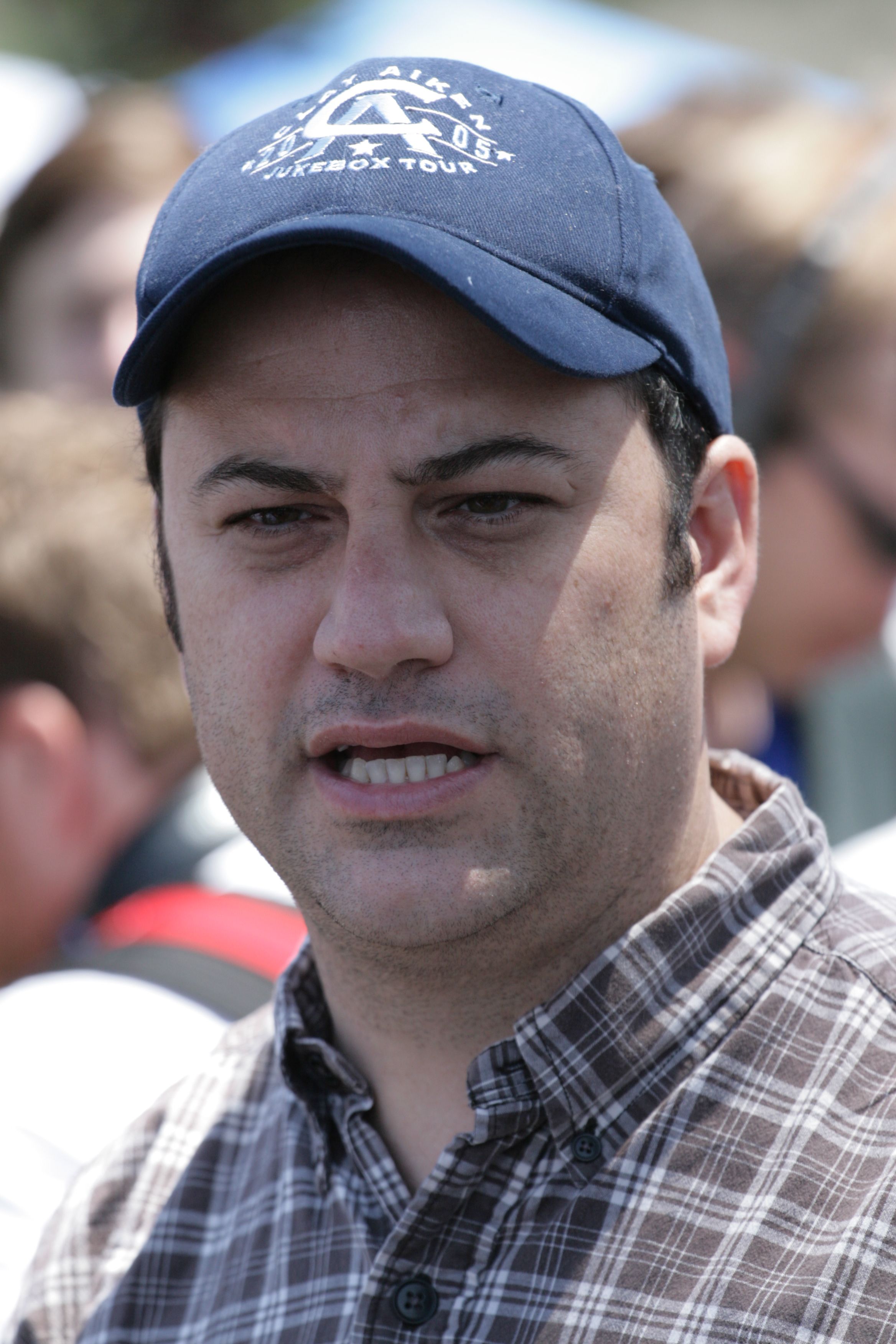
Kimmel then twisted the knife further, satirizing the Academy’s perceived slow response and the concept of a “crisis team” put in place for the 2023 show. “But seriously, the academy has a crisis team in place. If anything unpredictable or violent happens during the show, sit there and do absolutely nothing. Maybe even give the assailant a hug.” This was a clear dig at the initial confusion and inaction observed among many in the audience and the Academy leadership immediately after the 2022 slap. Denzel Washington and Bradley Cooper were seen comforting Smith shortly after the incident, lending a layer of real-life absurdity to Kimmel’s sarcastic suggestion of a hug.
His monologue continued to build on this theme, adding a layer of comedic self-preservation. “And if any of you get mad at a joke and decide you want to get jiggy with it—it’s not going to be easy,” Kimmel concluded. This was a clever double entendre, referencing Smith’s 1997 hit song “Gettin’ Jiggy Wit It” while simultaneously issuing a playful warning. It’s a classic pop culture expertise move from the Vulture playbook, appealing directly to an audience immersed in entertainment lore.
Kimmel then playfully “shouted out” fighters in the audience who would protect him. He specifically named Michael B. Jordan’s Creed, Pedro Pascal’s Mandalorian, Michelle Yeoh, and Andrew Garfield as Spider-Man, even jokingly adding Steven Spielberg as “The Fabelman.” This sequence of playful threats, cutting to the actors in character or as their iconic roles, was a delightful bit of showmanship. It reaffirmed the casual, engaging tone of the monologue, blending the real threat of a stage invasion with the fantasy of cinematic heroism.
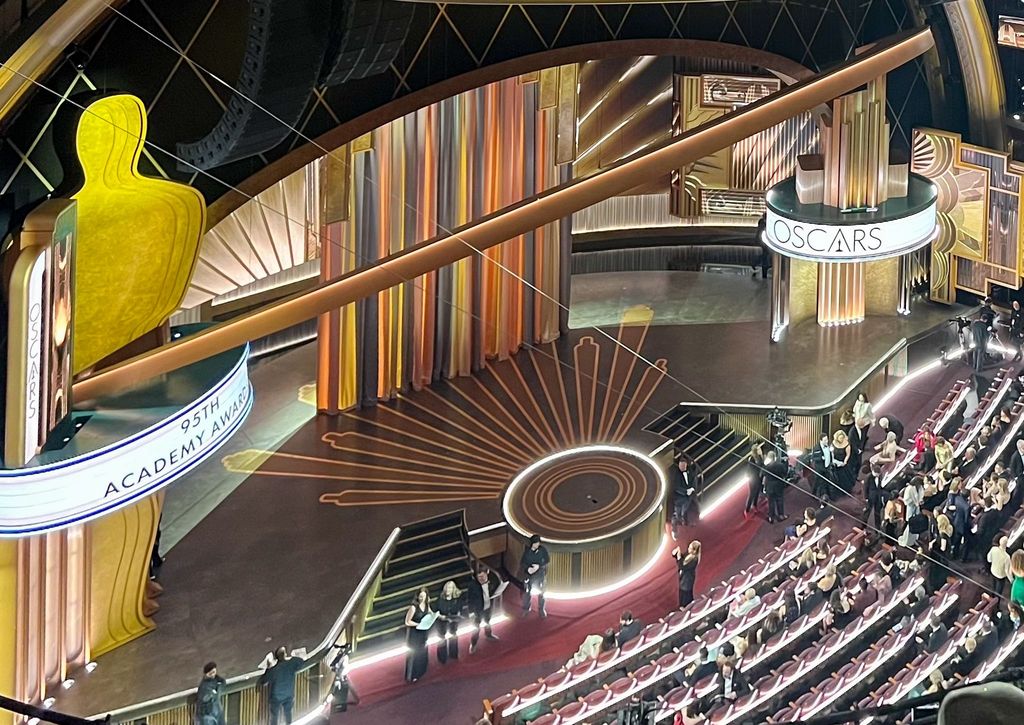
The initial salvo of slap jokes set a definitive tone for the 95th Academy Awards. It signaled that while the incident was serious, it could also be approached with humor, albeit a dark and pointed kind. Kimmel’s ability to weave the year-old controversy into his opening with such precision, referencing Smith’s win, his speech, and the Academy’s response, demonstrated his deep understanding of the moment. It was a clear, bold statement that the Oscars were acknowledging their past, warts and all, and attempting to move forward, one uncomfortable laugh at a time.
Beyond the slap, Kimmel’s opening monologue, true to the Vulture style, also peppered in other timely pop culture references and industry jabs. He poked fun at the absence of cinematic titans Tom Cruise and James Cameron. “You know, Tom and James Cameron didn’t show up tonight. The two guys who insisted we go to the theater didn’t come to the theater.” This observation, delivered with a casual sigh, highlighted the irony of their absence while also crediting their films, ‘Top Gun: Maverick’ and ‘Avatar: The Way of Water,’ with bringing audiences back to cinemas.
Cameron’s specific snub in the best director category for ‘Avatar: The Way of Water’ also became fodder for Kimmel’s sharp tongue. “I mean, how does the Academy not nominate the guy who directed ‘Avatar’? What do they think he is, a woman?” This joke, while controversial, showcased the incisive commentary Vulture is known for, drawing attention to a perceived gender imbalance in director nominations and sparking immediate reaction. It’s the kind of comment that gets people talking, prompting critical thought beyond mere amusement.
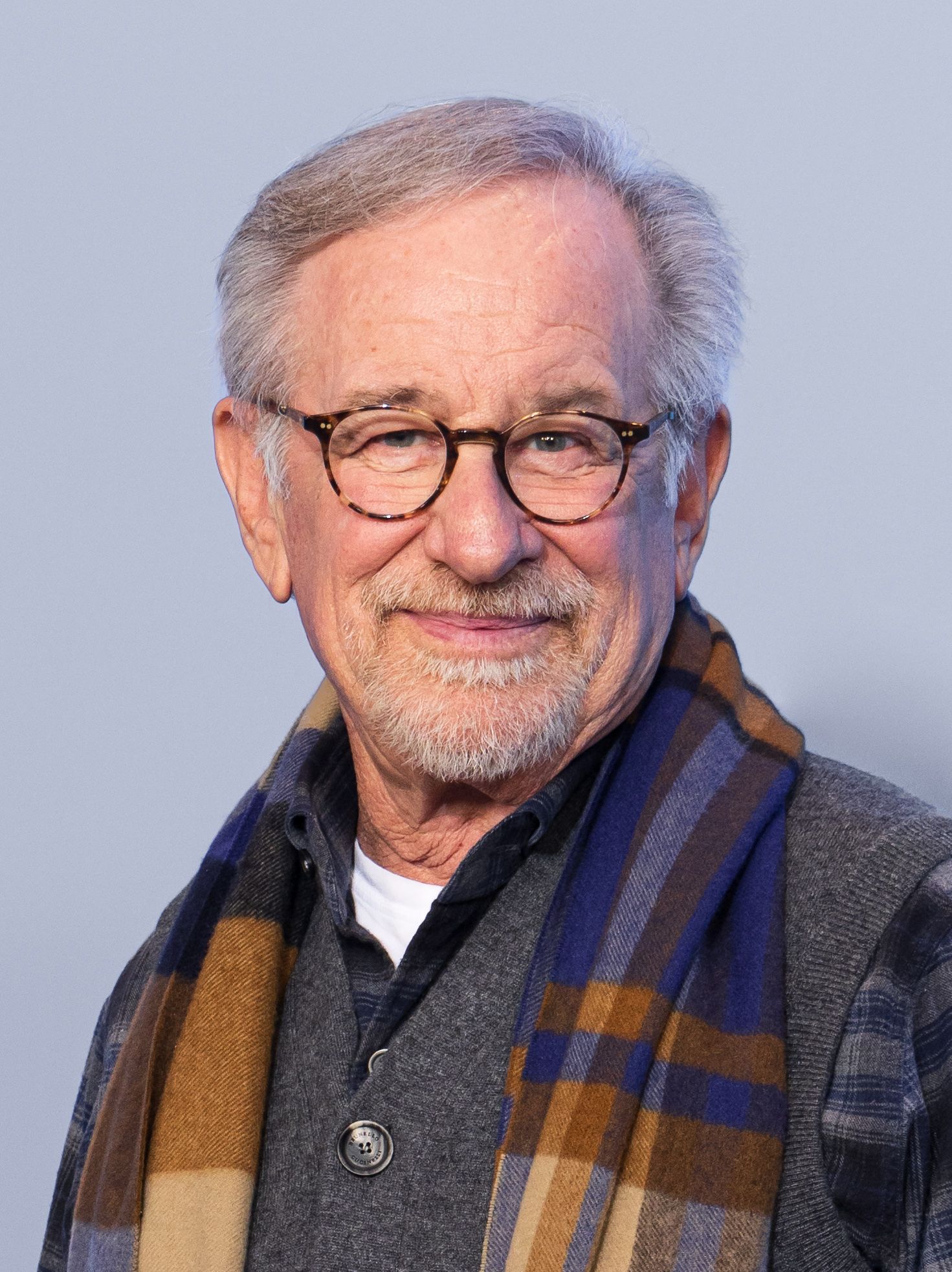
Kimmel didn’t shy away from other industry-specific targets either. He humorously brought up Steven Spielberg’s claim of never having smoked weed from a viral Variety interview. “Steven claims he has never smoked weed. You mean to tell me you weren’t high when you made a movie about an alien that eats Reese’s Pieces and can’t remember how to phone home?” This was a relatable, lighthearted jab at a legendary figure, demonstrating a broad pop culture expertise that resonates with a knowledgeable audience.
The box office bomb that was ‘Babylon’ also found itself in Kimmel’s crosshairs. “There are some things that movies can do that TV just can’t. For example, a TV show can’t lose $100 million. Is the gang from ‘Babylon’ here? They know. I was just asking if they were; I was welcoming them!” This commentary, targeting a film that significantly underperformed, highlighted the financial realities of the film industry with a touch of playful cruelty, a trademark of the Vulture style. He even threw a quick dig at the unreleased ‘Batgirl’ film, joking it was “the first superhero film to get defeated by an accounting department.
In his opening, Kimmel also took a moment to call out Nicole Kidman’s ubiquitous AMC Theaters ad, expressing gratitude that she was finally “freed” from the abandoned theater setting. “She’s been held captive for almost two full years now,” he quipped. “It’s good to have you back, Nicole. And thank you for encouraging people who were already at the movie theater to go to the movie theater.” This showed a timely awareness of a trending pop culture meme, connecting with the audience on a current, viral level.

He even touched on the widespread use of Ozempic, a medication for Type 2 diabetes often used off-label for weight loss. When I look around this room, I can’t help but wonder, ‘Is Ozempic right for me?’” This short, sharp question reflected a timely and trend-aware sensibility, tapping into a current cultural conversation about Hollywood beauty standards with a casual, conversational tone. It’s the kind of honest, slightly uncomfortable observation that Vulture excels at.
Kimmel’s initial performance was a tightrope walk, balancing the need for gravitas with the imperative for entertainment. His opening monologue delivered exactly what was expected: an immediate, witty, and incisive confrontation of the “slap heard ’round the world.” By directly addressing the 2022 incident with a series of cutting jokes that also provided a pathway for the rest of the show, he demonstrated a shrewd understanding of his audience and the delicate, often awkward, position he was in. He set the stage, quite literally, for an evening where the past was acknowledged, but the show, somehow, would go on.
While Jimmy Kimmel’s opening monologue brilliantly set the stage by immediately confronting the elephant in the room – or rather, the slap heard ’round the world – his commentary didn’t end there. The true measure of his hosting prowess, and indeed the Academy’s evolving reckoning with its most scandalous moment, lay in how ‘The Slap’ continued to weave through the evening, from subtle nods to direct callbacks. It was a testament to the fact that this wasn’t just a one-and-done joke; it was an ongoing narrative thread, a scar on Hollywood’s collective memory that required careful, consistent, and characteristically casual handling throughout the entire telecast.
As the ceremony approached its two-hour mark, a point where even the most dedicated film buffs might start to feel the onset of cinematic fatigue, Kimmel delivered another sharp, self-aware quip that perfectly encapsulated the mood. “At this point in the show, it kind of makes you miss the slapping a little bit, right?” he mused. This wasn’t merely a throwaway line; it was a masterful stroke of Vulture-esque observation, a darkly humorous acknowledgment of the show’s often-unwieldy runtime and the surprising, if disturbing, memorability of last year’s incident. It dared the audience to admit that, amidst the celebratory lull, even a moment of shocking violence had a certain perverse allure of keeping things interesting.
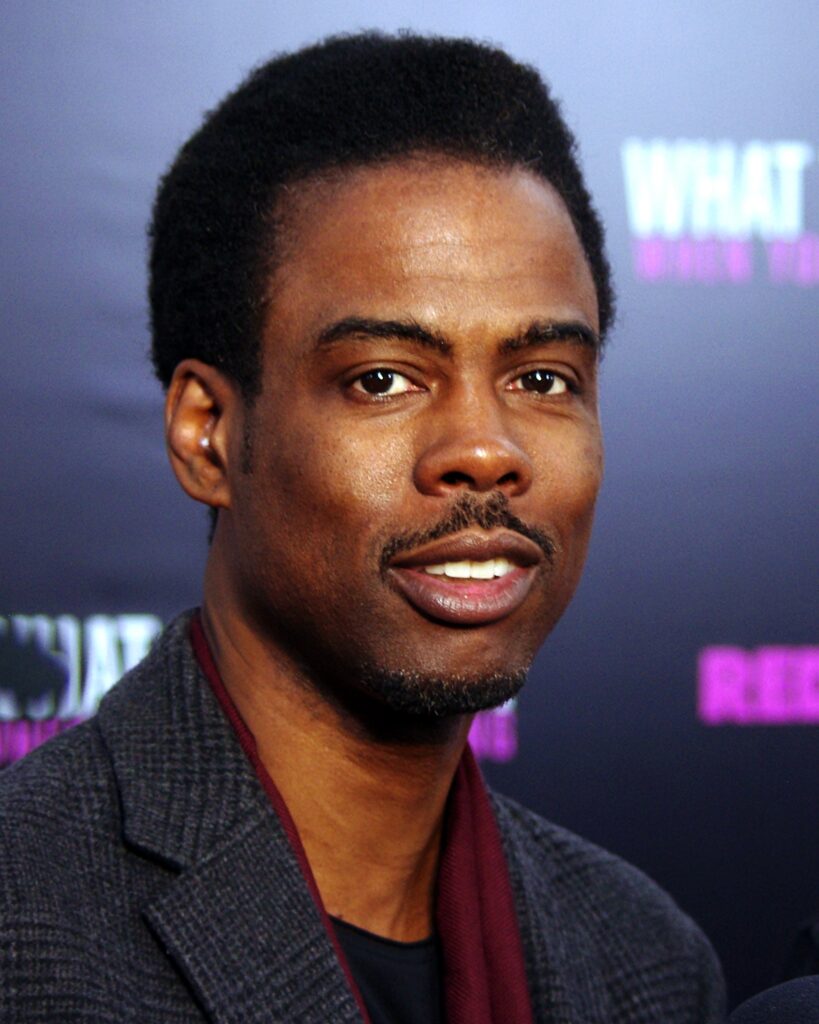
The host also made sure to revisit the scene of the crime, quite literally, by re-contextualizing the Best Documentary Feature category. This was, after all, the very category Chris Rock was presenting when the infamous incident occurred in 2022. Kimmel seized the moment, setting the stage for Riz Ahmed and Questlove with a perfectly pitched, pop culture-savvy pun. “The next category is documentary feature, which, as you may recall, is where things went off the rails last year,” he noted, pausing for effect before adding, “Hopefully, tonight it goes off without a hitch. Or at least without Hitch.”
That clever reference to Will Smith’s 2005 romantic comedy, ‘Hitch,’ served as a multi-layered callback, simultaneously acknowledging the underlying tension of the moment while deflecting it with a smile. It was a signal that, yes, the Academy was moving forward, but it wasn’t going to pretend the past didn’t exist. This casual, yet sophisticated approach allowed the show to maintain a delicate balance, keeping the memory of the incident alive without letting it overshadow the night’s celebratory purpose. It also showcased Kimmel’s deep knowledge of the industry’s own internal mythology, a clear sign of the pop culture expertise Vulture readers expect.
When the night drew to a close, Kimmel delivered his final, understated, yet profoundly symbolic slap joke. As he exited the stage, he walked towards a sign, a visual gag titled “Number of Oscars Telecasts Without Incident.” With a flourish, he flipped the number from zero to one. This final act was a perfect capstone to the evening’s ongoing dialogue with the previous year’s chaos. It wasn’t just a tally; it was a statement. It marked the 2023 Oscars as a successful navigation of choppy waters, a collective sigh of relief that Hollywood had, for one night at least, managed to keep its composure.
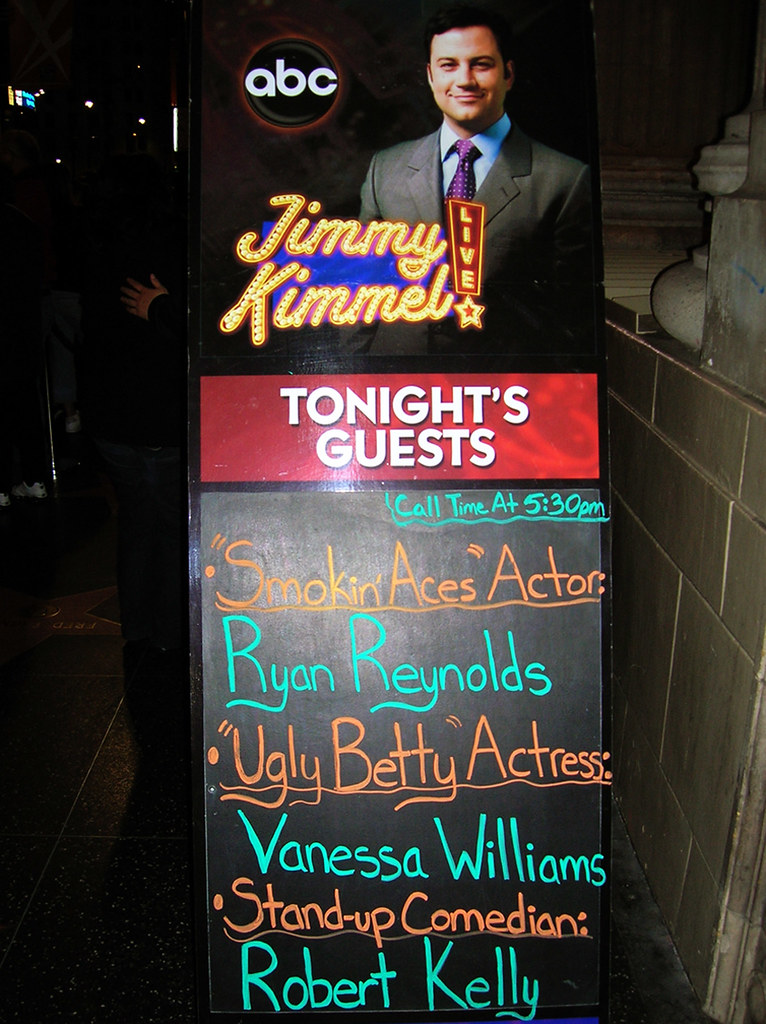
Kimmel’s strategic choice to deliver “a dose of snark, but not cruelty” was crucial. He understood that while the Oscars traditionally involved lighthearted jabs, this year required an even more delicate touch. “It’s not that I don’t enjoy roasty kinds of stuff, like the Comedy Central roasts. I love all that stuff. But this is not that. It’s the Oscars,” he explained. This distinction underscored the unique pressure of hosting an event where dignity and decorum, however strained, still held sway. His past experience, particularly the chaotic ‘La La Land’/’Moonlight’ Best Picture mix-up in 2017, further solidified his credentials as a host capable of navigating live television’s unpredictable currents.
The 2023 Oscars, then, became more than just an awards ceremony; it was a live performance in collective healing and institutional recalibration. Kimmel’s consistent, sharp, and ultimately reassuring commentary allowed Hollywood to gaze into the mirror of its recent past, acknowledge the ugliness, and then, slowly but surely, begin to polish its tarnished image. It was a show that proved the entertainment industry, for all its occasional moments of madness, possesses a surprising resilience and an enduring commitment to the show, no matter what happens, going on.

